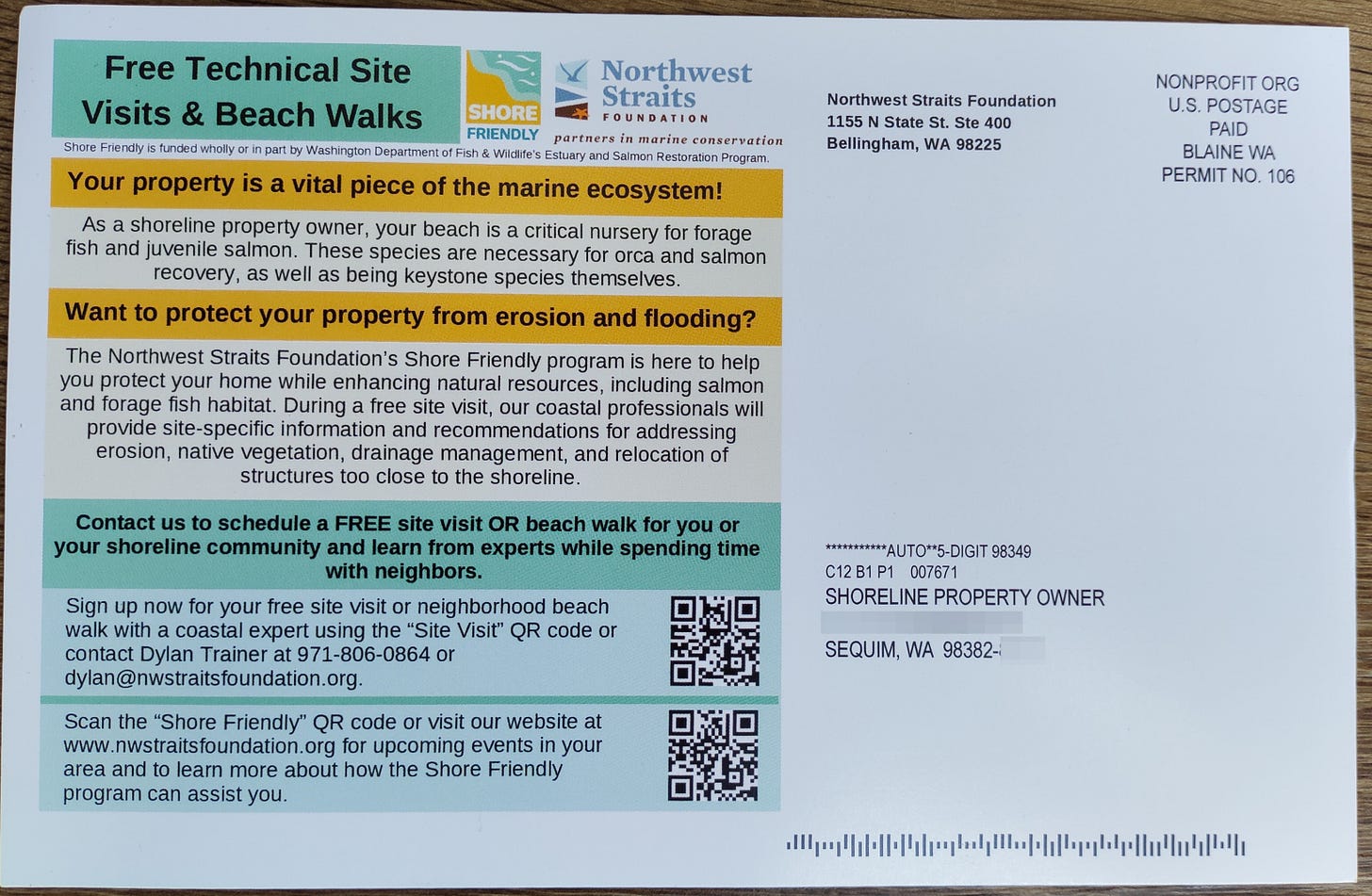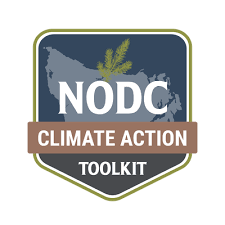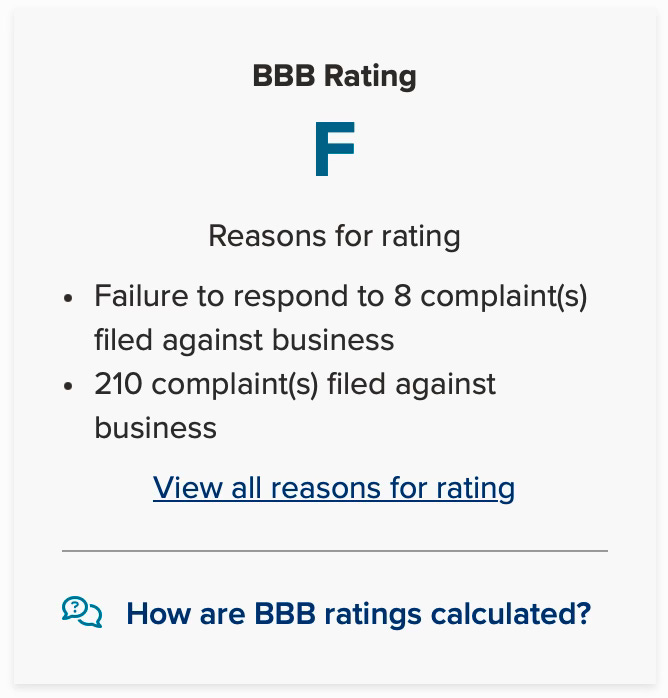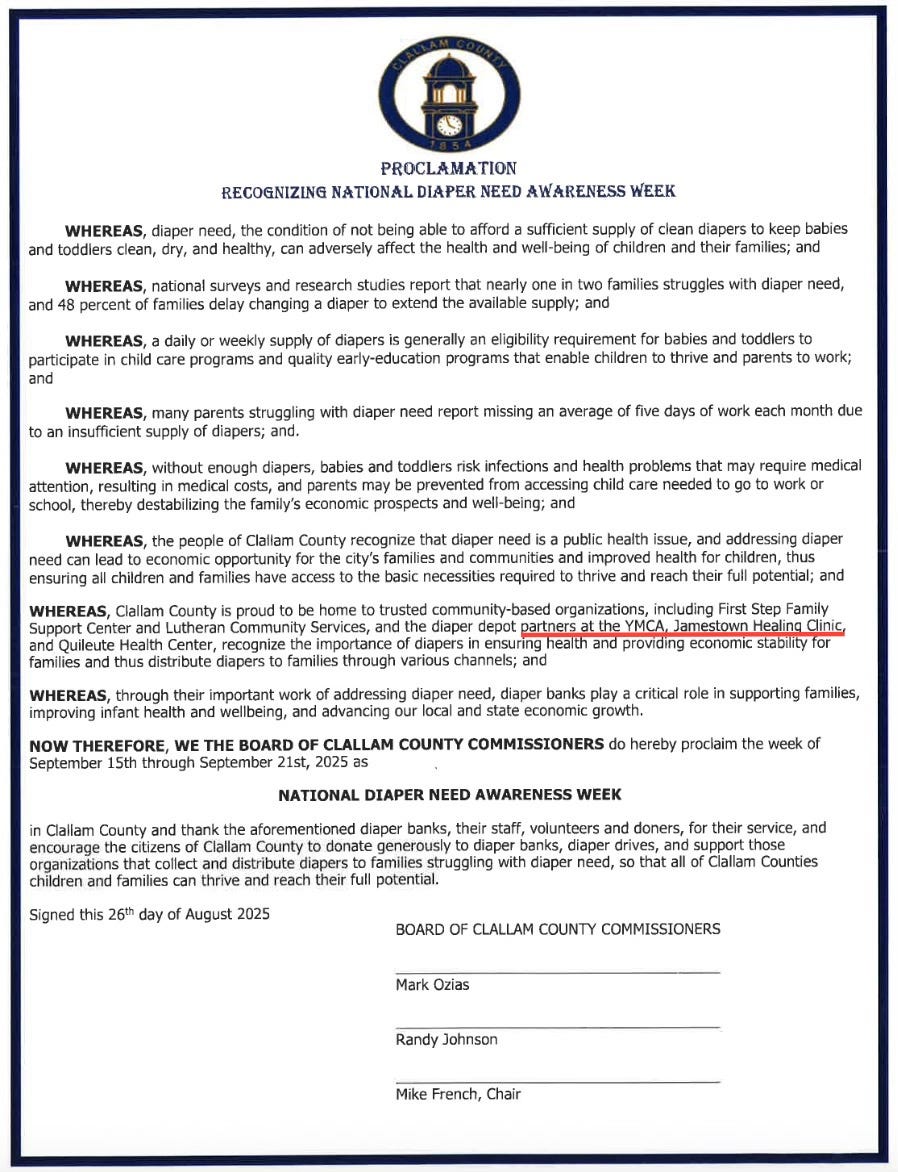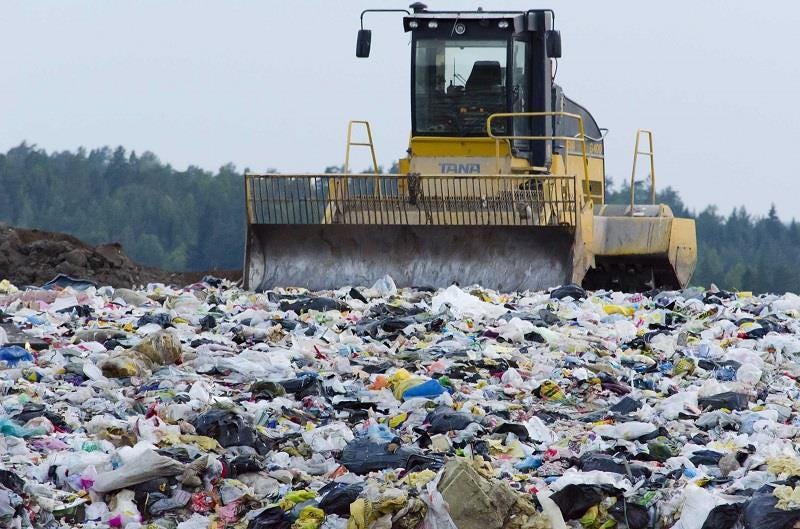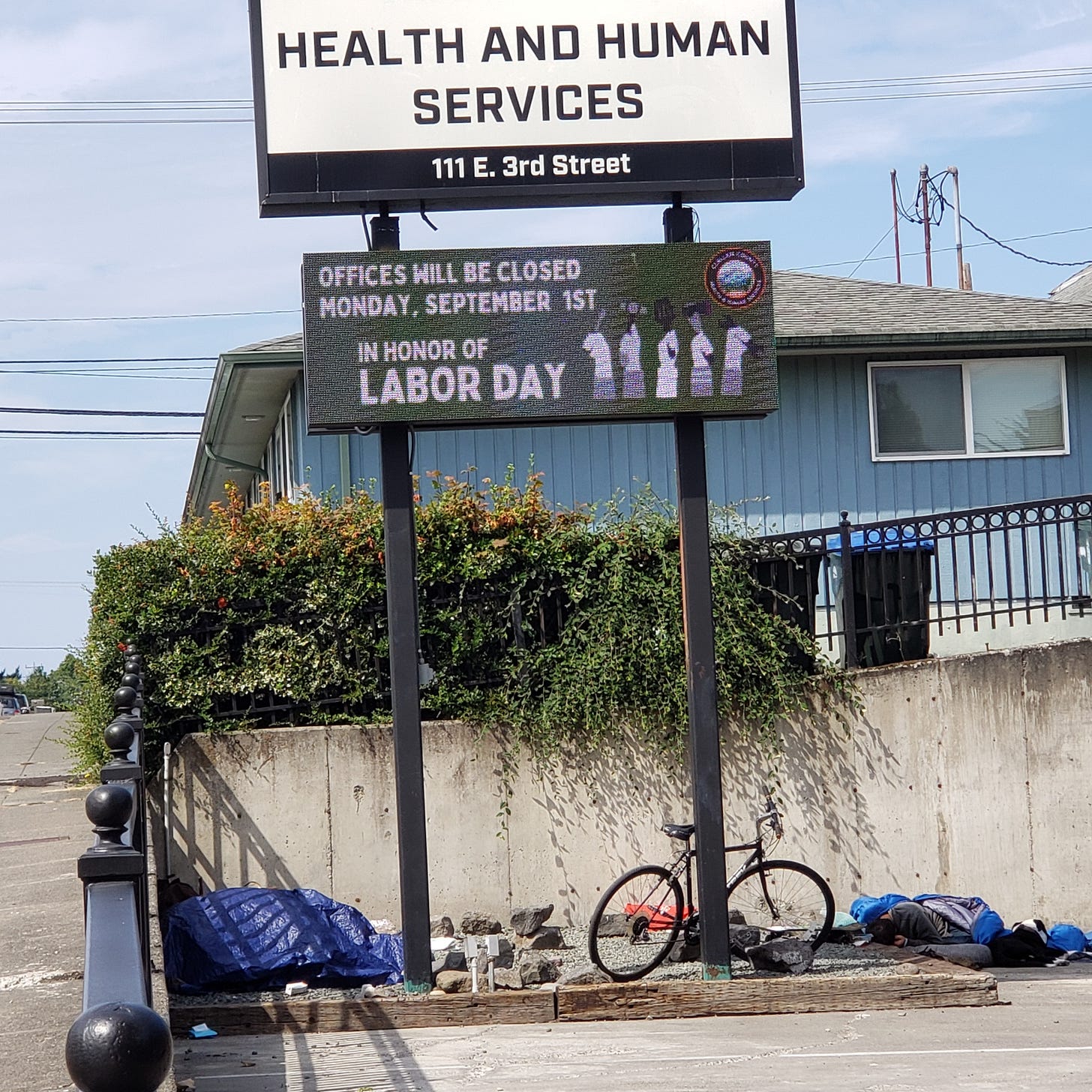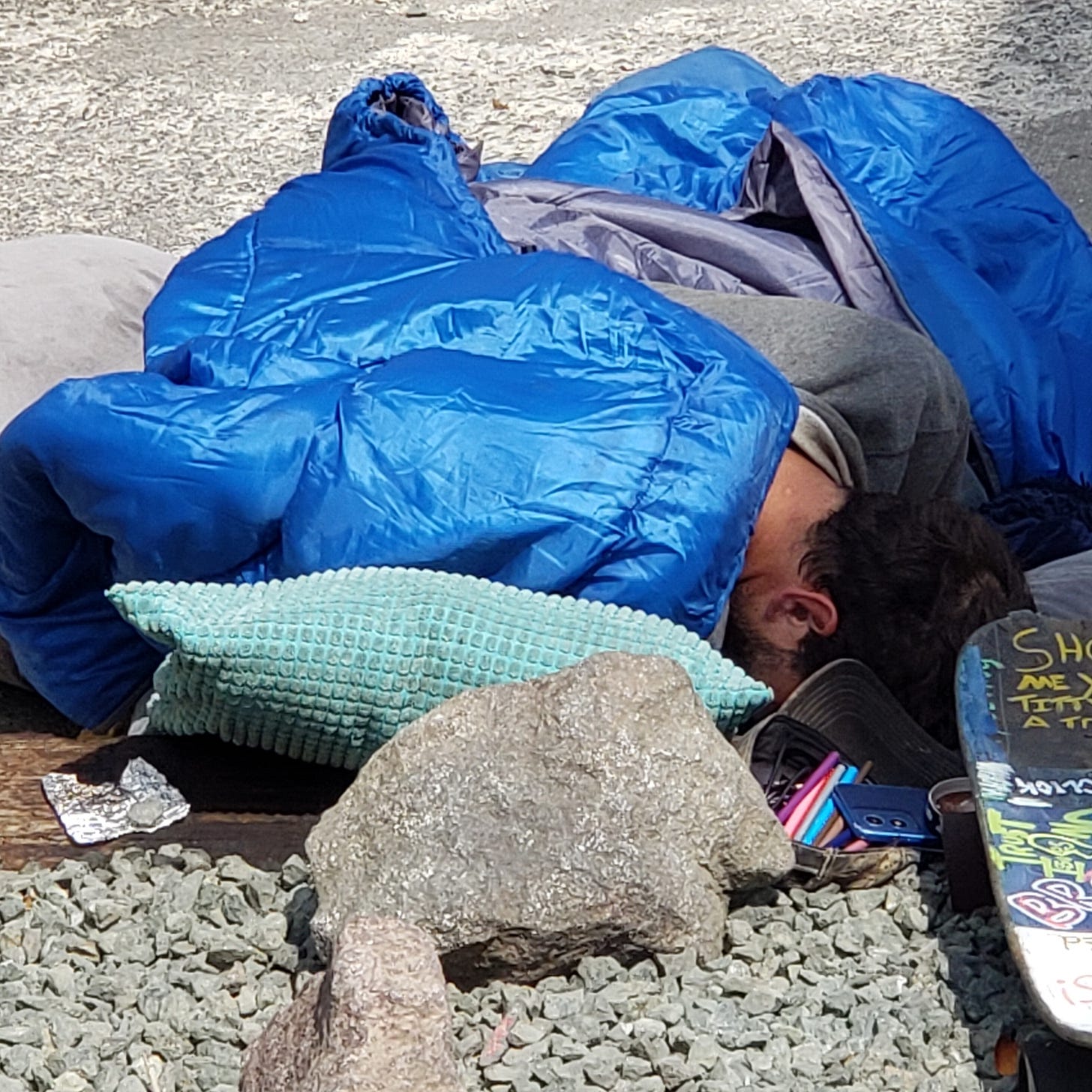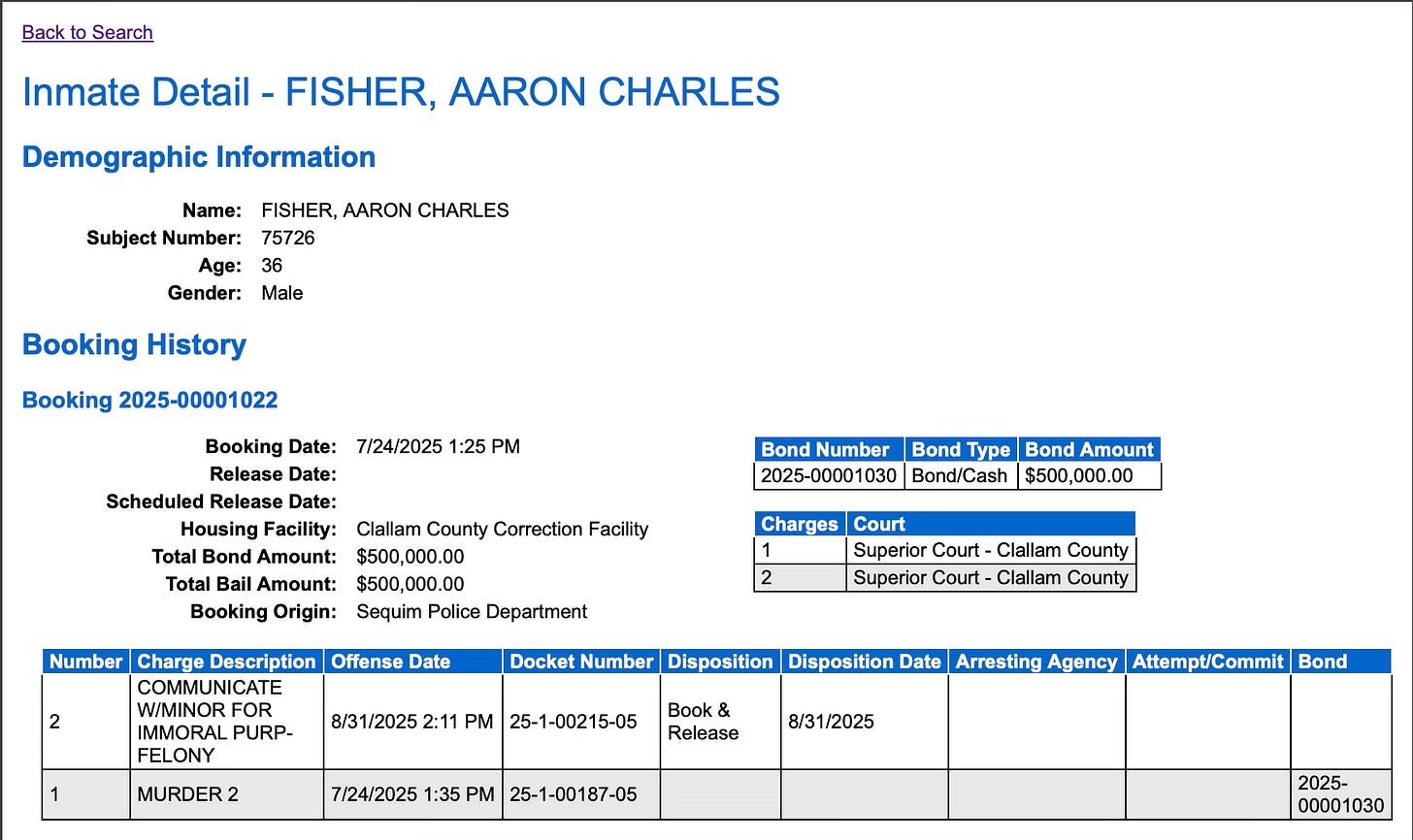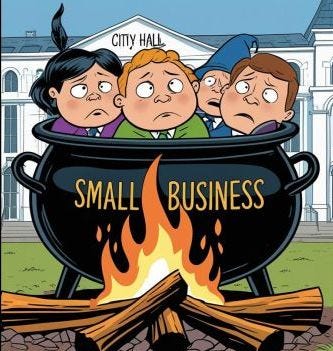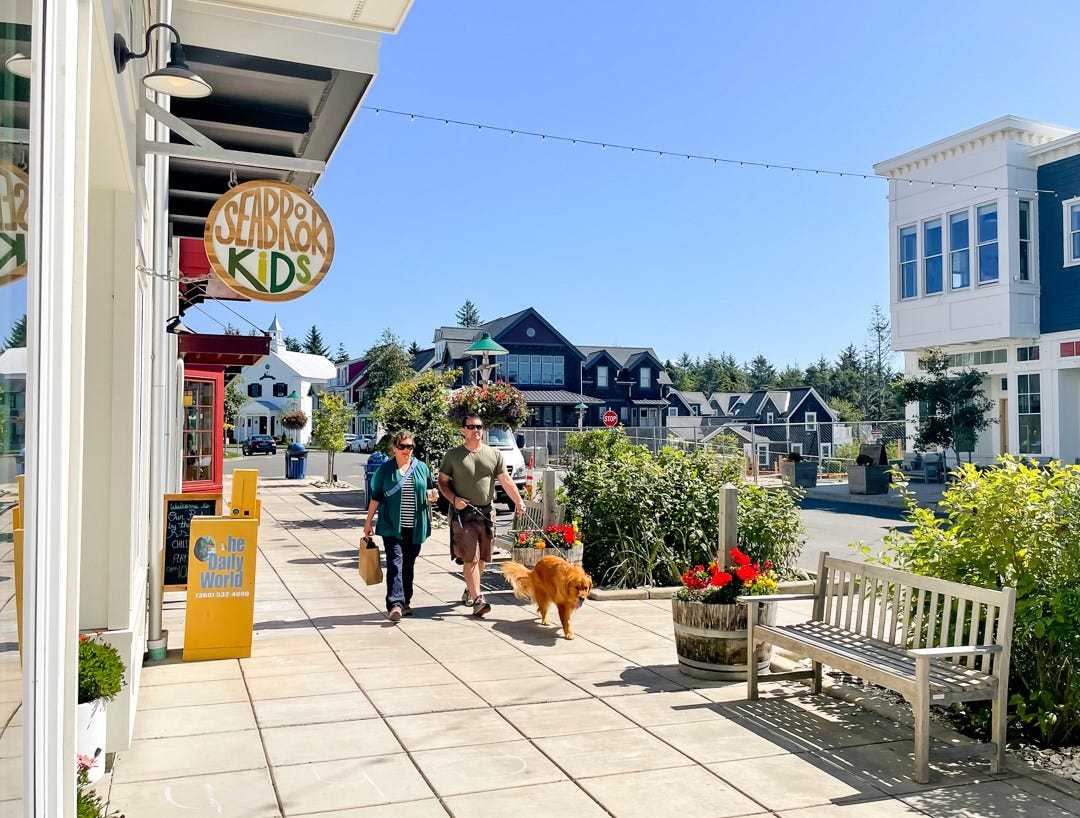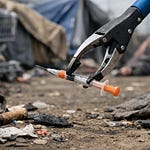Every week, decisions are made in Clallam County that affect taxpayers, homeowners, parents, and entire communities. Some happen in plain sight. Many do not. From NGOs quietly crafting policy, to elected officials praising organizations they lead, to local money flowing out of town—it’s all part of a pattern. These ten stories reveal contradictions, misplaced priorities, and the kind of behind-the-scenes maneuvering that deserves public scrutiny.
Shoreline “site visits” or backdoor relocation?
Clallam County residents living on the beach recently received invitations from the Northwest Straits Foundation for “free technical site visits and beach walks.” The goal? To provide recommendations on erosion, native vegetation, drainage, and “relocation of structures too close to the shoreline.”
This isn’t just neighborly advice. The Clallam Marine Resources Committee (MRC) is part of a regional network established under the Northwest Straits Marine Conservation Initiative. Grants flow through the Northwest Straits Commission and Foundation—entities that help secure outside money but also shape what happens on private property.
In April, the Clallam MRC advised commissioners that the Three Crabs Road should be removed and residents relocated. Just four years ago, SERN (Strait Ecosystem Recovery Network)—with the Jamestown Tribe as its fiscal agent— floated the idea of moving homeowners out of “harm’s way.” They were quick to add that the landowners shouldn’t be paid full price for parcels.
Now, with NGOs knocking on doors, residents might ask: Is this community education—or the first step toward forced relocation?
Commissioner Ozias: Do NGOs make policy or not?
Back in July, Commissioner Mark Ozias told the Charter Review Commission that NGOs like the North Olympic Development Council (NODC) and SERN don’t establish or set policy.
Fast forward to last Tuesday. While discussing septic compliance, Commissioner Ozias explained that SERN is the Local Integrating Organization for the Puget Sound Partnership—and that this is an “example of funding being applied to help address a specific need.” He also explained that the NODC “impacts” policy.
So which is it? Do these NGOs set policy, or do they only “impact” it? Either way, the conflict is glaring. Mark Ozias is president of the NODC. SERN’s fiscal agent is the Jamestown Tribe, which is Commissioner Ozias’s top campaign donor. SERN’s fiscal sponsor is the NODC, led by President Mark Ozias. Policies shaped in closed NGO meetings come back to the county, where Commissioner Ozias votes on them.
This is exactly why residents are uneasy about elected leaders serving on NGO boards.
Broadband team… with an “F” rated partner
At Tuesday’s meeting, Commissioner Ozias praised the NODC (again, the NGO he leads) for pulling together a broadband action team to partner with the PUD and Astound Broadband. One problem: Astound has an “F” rating with the Better Business Bureau.
Is this really the partner Clallam County should be hitching its broadband future to?
Diapers vs. taxes
Last week’s Commissioners’ Forum was cut short, in part, to allow time for a proclamation recognizing National Diaper Need Awareness Week. The commissioners noted the high cost of diapers and the struggles of local families—but never mentioned why families are struggling.
Property taxes, sales tax hikes, and gas prices are all climbing. Instead, the commissioners praised the YMCA (where Commissioner Randy Johnson serves as president) and the Jamestown Healing Clinic (run by Commissioner Ozias’ top campaign donor).
It’s easy to sympathize with struggling parents. However, addressing the financial burdens that local governments impose on family budgets might be even more effective. Can we get a proclamation for that?
The dirty truth about diapers
The environmental impact of disposable diapers is staggering:
27 billion diapers are used in the U.S. each year, adding up to 3.5 million tons of landfill waste.
Diapers take 450–550 years to decompose.
They make up 2–4% of landfill waste and are the third-largest single consumer item.
Decomposition produces methane, a potent greenhouse gas.
Chemicals, microplastics, and pathogens pose ongoing risks.
Cloth diapers—when washed efficiently—still carry an environmental footprint but generally come out ahead. Promising new innovations like compostable and fungi-digestible diapers are being tested in 2025, but adoption remains slow.
Awareness proclamations are fine. But what about real solutions?
Harm reduction or harm expansion?
Much of Tuesday’s forum focused on the county’s harm reduction strategy—handing out drug paraphernalia to enable street drug use. Kevin LoPiccolo, Health and Human Services Director, invited residents to stop by his office with further questions. The problem? The parking lot of his office often doubles as a homeless encampment.
Photos from last weekend show a tent, tarps, belongings, and drug paraphernalia scattered around the Health and Human Services building itself.
If this is what harm reduction looks like, residents have every right to question whether the county is simply enabling the very crisis it claims to fight.
The dishwasher defense
Commissioner Mike French leapt to the defense of Peninsula Behavioral Health (PBH) over its $12.75 million luxury permanent homeless housing project during last Tuesday’s Commissioners’ Forum. The issue? Dishwashers.
PBH claimed they were required, when in fact they were optional. French argued dishwashers were installed to conserve water, saving PBH “millions” in sewer infrastructure upgrades. But if sewer capacity is that limited in that neighborhood, why build a 36-unit complex there in the first place? And why add a dog-washing sink if infrastructure can’t handle it?
When pressed, Commissioner French failed to provide evidence for his claim. A week later, he still hasn’t answered. Why is an elected official defending an NGO with guesses instead of considering the legitimate concerns of his constituents?
Aaron Fisher: New charges, old concerns
Aaron Fisher—already in jail for the alleged murder of Richard Madeo—now faces a new charge: Communicating with a Minor for Immoral Purposes.
CC Watchdog previously interviewed a young woman, “Bella,” who says she dated 36-year-old Fisher for nearly a year—starting when she was 13. She described Fisher smoking meth in enclosed spaces, making inappropriate comments about her younger sister, and trying to connect with other underage girls.
The new felony charge suggests Bella’s story was not an isolated incident. How many warnings were missed before tragedy struck?
Marolee Smith Dvorak: A voice for local talent
Months before CC Watchdog covered it, Port Angeles City Council candidate Marolee Smith Dvorak criticized the city’s reliance on outside consultants instead of local expertise. Her concerns ring true: since 2020, the city has paid $707,057 to Oregon-based Lulish Design for tourism marketing—even though the company isn’t properly registered to do business in Washington.
Meanwhile, local marketing professionals are overlooked. Marolee argues the city should invest in local talent rather than ship taxpayer money out of state.
This November, she’s running against Mayor Kate Dexter. For voters tired of the same old status quo, Dvorak offers an alternative. Read Marolee’s full article here.
Seabrook on the Strait: Boost or bust for Sequim?
With the 600-home Seabrook development on hold near John Wayne Marina, residents are left wondering: Will this help or hurt Sequim’s downtown?
In Seabrook, over half the homes are vacation rentals. The development boasts its own shops, taverns, spas, and boutiques. That raises the question: will tourists and residents spend their money downtown—or in a self-contained resort village?
Sequim’s legacy businesses have weathered many storms. This one could test whether growth means prosperity—or displacement.
🚨 URGENT: Public Hearing on Parcel Fee – TODAY
Tuesday, September 2, 2025 – 10:30 a.m.
The Board of Clallam County Commissioners will hold a hearing today that could lock taxpayers into a parcel fee that generates $200,000 for the Clallam Conservation District.
This is a big deal. Let’s pack the courthouse and make sure our voices are heard.
📍 Hearing Details
Date: Tuesday, September 2, 2025
Time: 10:30 a.m.
Location: Clallam County Courthouse, Room 160
223 East 4th Street, Port Angeles, WA
🖥 Participate via Zoom
Audio Only
📞 Dial: 253-215-8782
Meeting ID: 836 9266 4344
Passcode: 12345
(Press 9 to raise your hand)
Video Conference
🔗 Join Zoom Meeting
Meeting ID: 836 9266 4344
Passcode: 12345
✍️ Submit Written Comments
Clerk of the Board: Loni Gores
📧 Email: Loni.Gores@clallamcountywa.gov
📬 Mail: 223 East 4th Street, Suite 4, Port Angeles, WA 98362
⚖️ Every voice matters. Please attend in person if you can, speak up on Zoom if you can’t, or send your comments in writing.



